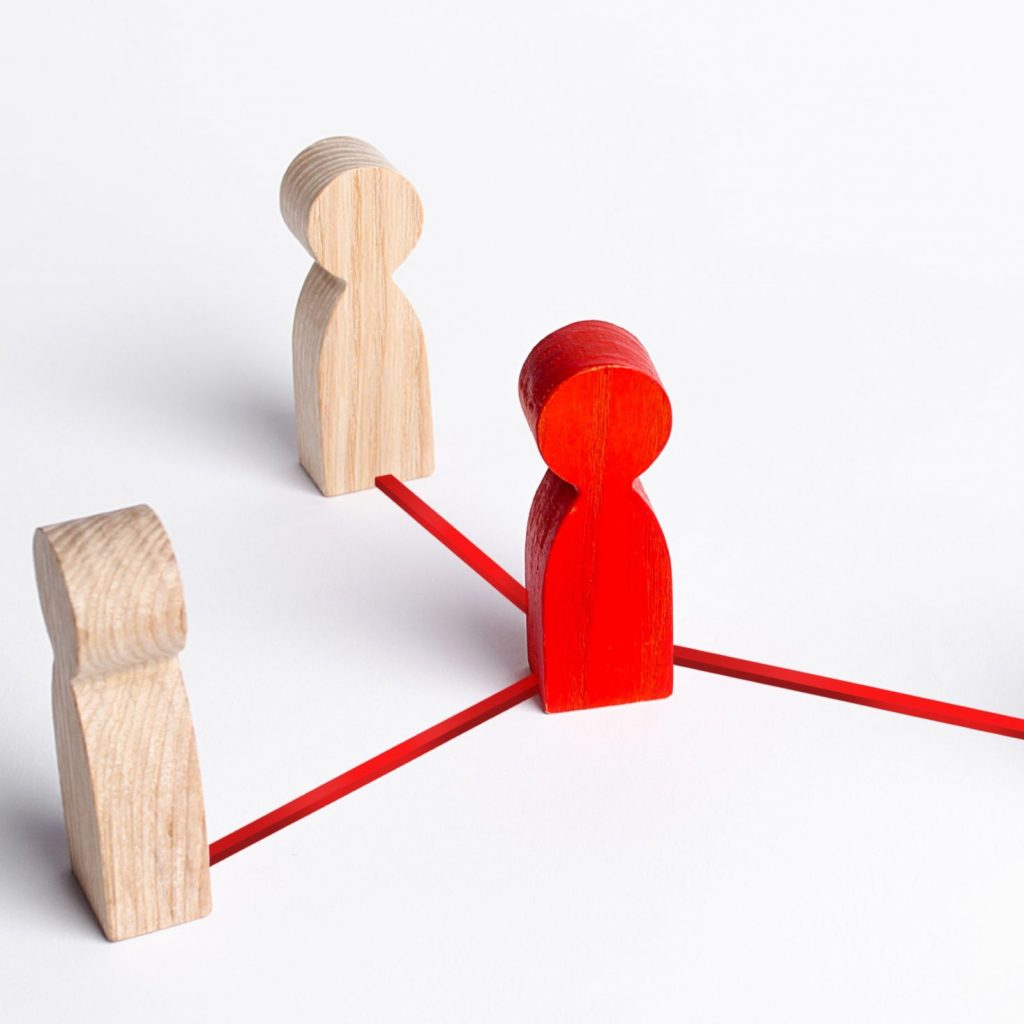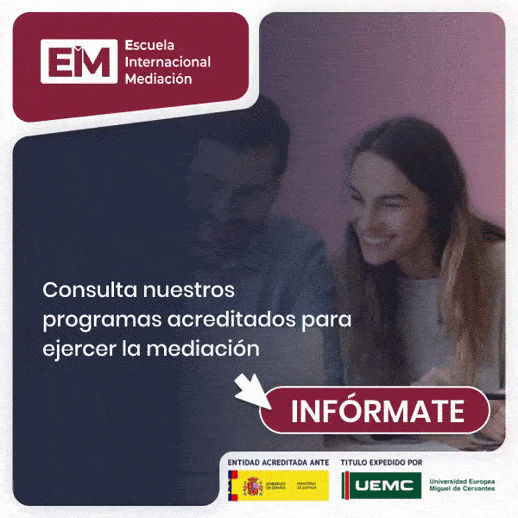Today's man worships technologies, especially those that he can use in his daily life. We are no longer surprised to see photographs of people who spend a night queuing in front of a commercial establishment to be the first to purchase a new model of mobile phone or tablet, or that the same model, which is very expensive, is purchased by people with a relatively low level of income that, surely, will have to give up other more important assets and that they could cover their basic communication needs with a much cheaper device (Vázquez, 2017).
In the Western culture, which is basically characterized by the coexistence of capitalism, industrialization and democracy, postmodernism fundamentally supports the death of ideologies – especially progressive ones – and utopias, appealing to an unprecedented pragmatism that rides on the explanatory impotence of reason, the orphanhood of spiritual values, political activity emptied of conceptions idealistic and far from the real needs of the people, emphasizing the image more than the platform of proposals. We are, therefore, witnessing a major crisis of credibility of the entire system, where everything is permitted, nothing is good or bad, nothing is absolute, everything is relative and depends on each person's criteria.
All of this has created an unhealthy obsession: fleeing from healthy limits, from the true values and tasks of life, from personal and social responsibility. But it was not for free, but at the cost of great anguish, despair and overwhelming feeling of emptiness that led to the rise and increase of the neurotic triad of our postmodern time: violence-aggression, depression-suicide, and addictions (drugs, alcohol, promiscuous sex, easy money, gambling, video games, etc.). Man is closed in on himself, each one connected at home to the big television pacifier or the Internet; each one inventing their own codes of conduct and values, without assuming personal responsibility in the construction of the common good. Which agrees with the conceptualization that Bauman (2003) made about the liquid modernity. We are accustomed to fast times, certain that things will not last long, that new opportunities will appear that will devalue existing ones. And it happens in all aspects of life. With material objects and with relationships with people. And with the very relationship we have with ourselves, how we evaluate ourselves, what image we have of ourselves, what ambition we allow to guide us. Everything changes from one moment to the next, we are aware that we are changeable and therefore we are afraid of fixing anything forever (Bauman, 2003). This creates a liquid situation. Like a liquid in a glass, in which the slightest push changes the shape of the water. And this is everywhere (Bauman, 2003).
Mediation
Faced with this, there is a field of action (there are more, but we have to focus on this one) that allows us to “stop and think” about where we are going. Mediation gives us the opportunity to “respond” to conflict that has been co-created. So the parties must actively participate to resolve their disagreements. Which promotes the promotion of peace culture and the generalization of this to other areas of their lives: personal, family, social, professional... generating the relationships around them to improve and favoring the construction of a harmonious community.
Therefore, and by virtue of the sociohistorical moment in which we live, mediation is a countercultural act in itself that is evidenced through a transformative dialectical process “suitable for studying all those practices, whether communicative or not, in which consciousness, behaviors and goods enter into processes of interdependence” (Martín-Serrano, 2004, p. 22).


The mediator
In this way, the mediator must be configured as a actor/researcher capable of facing the enormous challenge of unraveling the fallacies of the socio-historical moment in which we live and how they influence the way of relating that individuals in conflict have. To, from there, become co-analyst of the situation experienced by the parties and enable a construction path common that transforms them into more independent and decisive beings.
Mediation is presented as a task where the professional must have a broad and multidimensional worldview, based on knowledge in areas as diverse as: philosophy, pedagogy, psychology, anthropology, law, social work or social education, among other.
We already emphasized, some time ago, the qualities that a mediator must possess and that you can see again here.
And after reading this, and the unspoken indignation/emotion you may have felt, Don't you think it's time to sign up for one of our courses to become a mediator and be an active part in the transformation of others' lives?
Bibliography:
Bauman, Z. (2000). Liquid modernity. Fund of Economic Culture.
Martín Serrano, M. (2004). The social production of communication. Alliance.
Vázquez, JM (2017, December 1). The humanities in the 21st century university. Newmagazine.net




Very good article, perhaps, and I am embarking on a Mediation course with you, let us be a stone that can change this world in which we live, from a social perspective.
Thank you very much for your comment.
On the foundations of fields such as mediation, a new way of living together and organizing ourselves will be possible.
Sincerely!